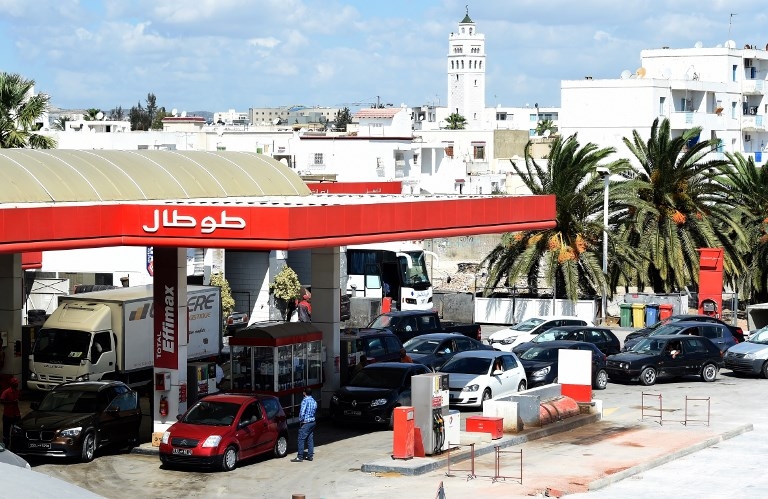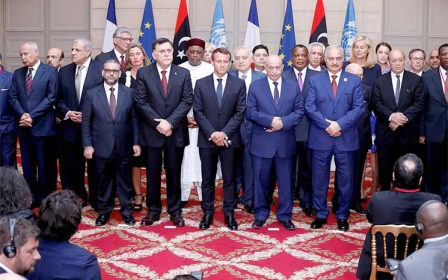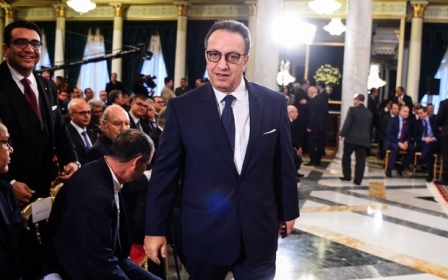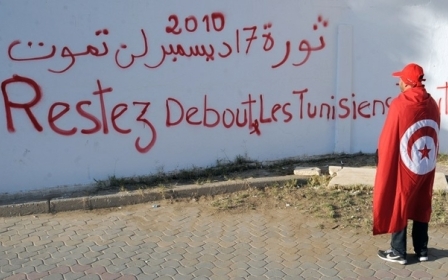Tunisia to raise fuel prices - not public wages - to meet IMF terms

Tunisia will raise fuel prices in the coming days but hold off increasing public wages this year to meet terms of the International Monetary Fund (IMF) for its next loan tranche, a government official and diplomatic sources said.
The north African country also plans to sell Eurobonds worth $1bn over the next two weeks to help fund a budget hammered by a deep economic crisis, the official told Reuters.
The new austerity measures are likely to meet resistance from the powerful labour union UGTT and people tired of galloping inflation and political instability since the toppling of autocrat Zine El-Abidine Ben Ali in 2011.
Tunisia agreed with the IMF in December 2016 on a loan programme worth around $2.8bn to overhaul its ailing economy with steps to cut chronic deficits and trim bloated public services, but progress has been slow.
An IMF delegation visited Tunisia this week to review with officials the next tranche worth around $250m which, if approved, would bring total payments since 2016 to $1.2bn.
The government official said that fuel prices would rise by 0.070 dinar ($0.027) a litre in the coming days, the third hike this year but below the 0.100 dinar the IMF had asked for, as the government has whittled down subsidies on imported fuel.
For 2018, Tunisia had budgeted 1.5 billion dinars in subsidies but with a recent rise in global oil prices, it would have to spend four billion to avoid a rise in pump prices, he said.
"The IMF is demanding that the (fuel price) increase in all of 2018 be about 0.500 dinar, but we want the adjustment to be acceptable to curb inflation," the official said.
To appease donors, Tunisia also wants to delay a public salary increase considered for 2018 until next year though this needs to be negotiated with the labour unions, he added.
Western governments, worried about high unemployment driving Tunisians into illegal migration or Islamist militancy, have strongly backed Tunis during the post 2011-transition even without much evidence of progress on economic reforms.
But in a sign of increasing donor impatience, diplomats said, the United States abstained when the IMF voted to approve the most recent loan tranche.
The government has been trying to cut the public sector wage bill to 12.5 percent of GDP in 2020 from 15 percent - one of the world's highest - by offering voluntary redundancies. But few have taken up the offer because of high unemployment.
The UGTT union, the political kingmaker in Tunis, has rejected plans to dismiss public servants and sell loss-making state firms.
Talks with the IMF have been held while the ruling coalition has been locked in dispute over the extent of reforms and a possible cabinet reshuffle.
New MEE newsletter: Jerusalem Dispatch
Sign up to get the latest insights and analysis on Israel-Palestine, alongside Turkey Unpacked and other MEE newsletters
Middle East Eye delivers independent and unrivalled coverage and analysis of the Middle East, North Africa and beyond. To learn more about republishing this content and the associated fees, please fill out this form. More about MEE can be found here.




